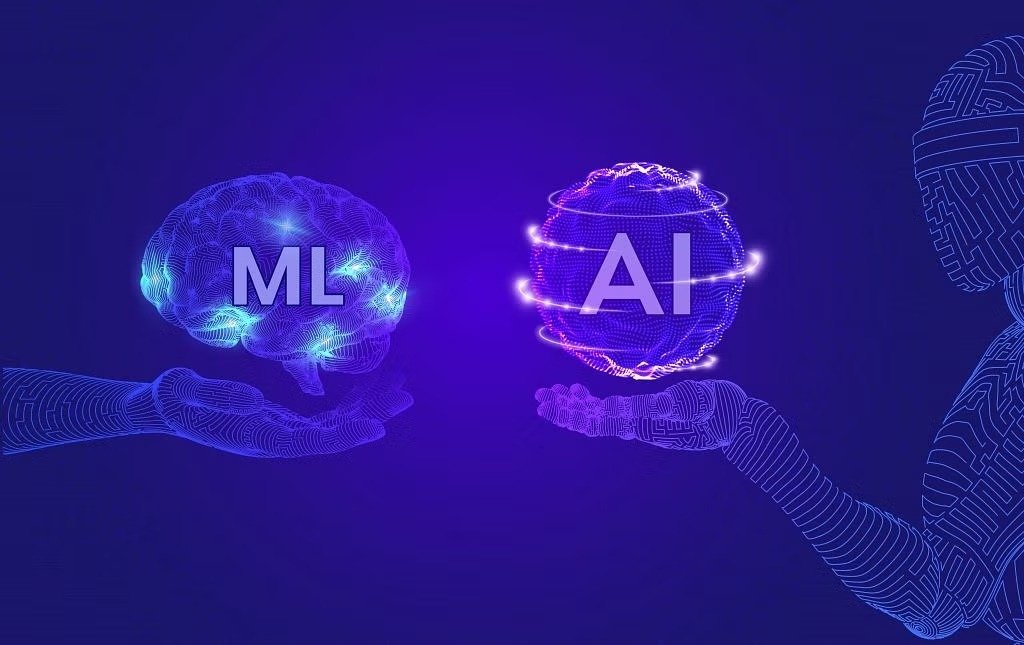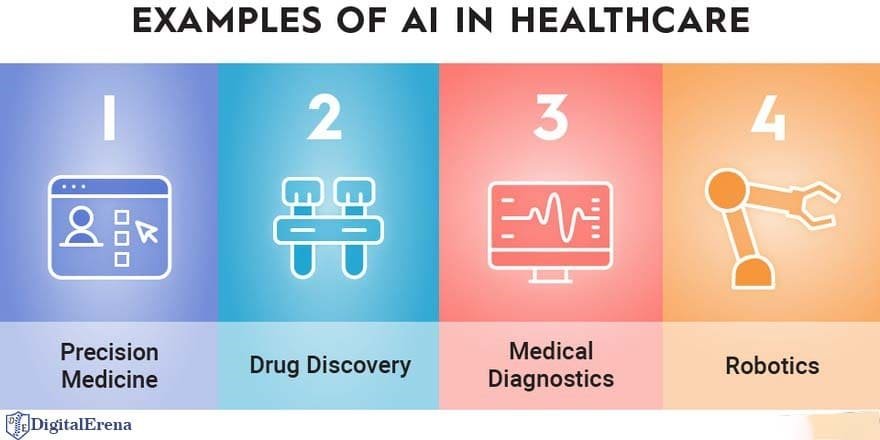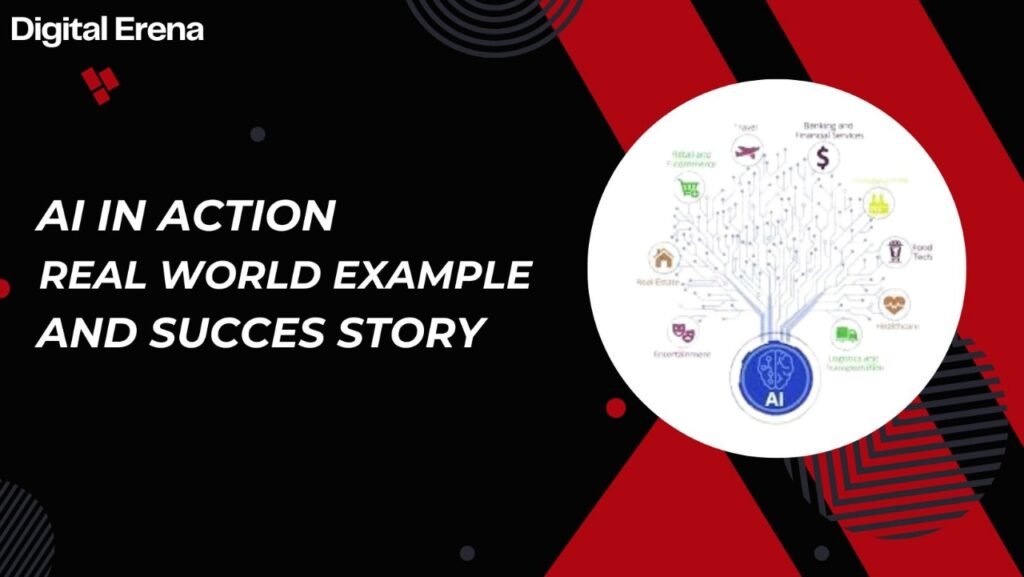The world is changing faster than ever thanks to artificial intelligence (AI). Its applications are vast and varied, impacting multiple industries and revolutionizing the way businesses operate. In this blog post, we will explore real-world AI applications and success stories, focusing on how artificial intelligence is making a difference in the business world.
Understanding AI Applications
Artificial intelligence (AI) has moved beyond the realm of science fiction and academic research into practical, real-world applications. Here are some key areas where AI is being utilized effectively:
AI in Healthcare
The healthcare industry has seen significant advancements with the introduction of AI applications. From diagnostics to treatment planning, AI is enhancing the capabilities of healthcare professionals.
Medical Imaging: AI systems are remarkably accurate in analyzing medical images, which helps in the early detection of conditions like cancer.
Predictive Analytics: AI helps in predicting patient outcomes, enabling proactive care and reducing hospital readmission rates.
Personalized Treatment: AI can analyze patient data to recommend personalized treatment plans, improving patient outcomes and reducing costs.
AI in Business
Artificial intelligence in business is transforming how companies operate, making processes more efficient and enhancing decision-making.
Customer Service: AI-powered chatbots and virtual assistants provide 24/7 customer support, improving customer satisfaction and reducing operational costs.
Marketing: AI analyzes customer data to deliver personalized marketing campaigns, increasing engagement and conversion rates.
Supply Chain Management: Demand forecasting, inventory control, and the detection of possible disruptions are how artificial intelligence (AI) enhances supply chain processes.
AI in Finance
The finance industry is leveraging AI to improve accuracy, speed, and efficiency in various processes.
Fraud Detection: AI algorithms detect fraudulent activities in real-time, protecting businesses and customers from financial losses.
Algorithmic Trading: AI analyzes vast amounts of market data to make informed trading decisions, maximizing returns and minimizing risks.
Credit Scoring: AI evaluates creditworthiness more accurately, enabling financial institutions to make better lending decisions.
 AI in Retail
AI in Retail
Retailers are using AI to enhance the shopping experience and streamline operations.
Personalized Recommendations: AI analyzes customer behavior to offer personalized product recommendations, increasing sales and customer satisfaction.
Inventory Management: AI predicts inventory needs, reducing overstock and stockouts, and optimizing supply chain efficiency.
Customer Insights: AI provides deep insights into customer preferences and trends, helping retailers make data-driven decisions.
Success Stories of AI Applications
Healthcare: IBM Watson
IBM Watson has been at the forefront of AI applications in healthcare. Its AI capabilities have been used to analyze medical literature and patient data, assisting doctors in diagnosing diseases and recommending treatment plans. Watson’s ability to process vast amounts of information quickly and accurately has made it an invaluable tool in the medical field.
Business: Salesforce Einstein
Salesforce Einstein is an AI-powered CRM tool that helps businesses improve customer relationships and sales processes. By analyzing customer data, Einstein provides valuable insights, predicts customer behavior, and automates routine tasks. Companies using Salesforce Einstein have reported increased sales, improved customer satisfaction, and enhanced productivity.
Finance: Kensho
Kensho, acquired by S&P Global, is an AI platform that provides financial analytics and insights. Kensho’s AI algorithms analyze vast amounts of data from various sources, helping financial analysts make informed decisions. Its applications range from predicting market trends to identifying investment opportunities, making it a powerful tool in the finance industry.
Retail: Amazon
Amazon is a prime example of how AI can transform retail. The company’s AI-driven recommendation engine analyzes customer behavior to suggest products, significantly boosting sales. Additionally, Amazon uses AI for inventory management, supply chain optimization, and even in its cashier-less stores, Amazon Go.
 Historical Timeline of AI Development
Historical Timeline of AI Development
Here’s a historical timeline highlighting significant milestones in AI development and their impact on various industries:
1950s: The Birth of AI
1956: The term “Artificial Intelligence” was coined at the Dartmouth Conference. This marked the official birth of AI as a field of study.
1950: Alan Turing proposed the Turing Test, a method to determine a machine’s ability to exhibit intelligent behavior equivalent to or indistinguishable from that of a human.
1960s-1970s: Early AI Programs
1966: ELIZA, an early natural language processing computer program, was created by Joseph Weizenbaum.
1972: The first expert system, MYCIN, was developed to diagnose bacterial infections and recommend antibiotics.
1980s: AI Winter and Expert Systems
1980s: AI research faced reduced funding and interest, known as the “AI Winter.”
1987: Despite the AI Winter, AI applications like expert systems gained commercial success in specific domains.
1990s: The Resurgence of AI
1997: IBM’s Deep Blue defeated world chess champion Garry Kasparov, showcasing the potential of AI in complex problem-solving.
2000s: AI Integration and Machine Learning
2000s: AI began to be integrated into various applications, with advancements in machine learning and data analysis.
2002: iRobot launched Roomba, the first commercially successful robotic vacuum cleaner.
2010s: Deep Learning and AI Expansion
2011: IBM Watson won Jeopardy!, showcasing the ability of AI to comprehend and digest natural language.
2012: Google Brain’s deep learning project achieved significant breakthroughs in image recognition.
2016: AlphaGo, developed by DeepMind, defeated the world champion Go player, highlighting AI’s advanced strategic thinking capabilities.
2020s: AI in Everyday Life
2020s: AI has become an integral part of everyday life, from virtual assistants like Siri and Alexa to autonomous vehicles and advanceed healthcare applications.
Key Features of AI Applications
Automation: AI automates repetitive tasks, increasing efficiency and reducing human error.
Predictive Analytics: AI predicts outcomes based on historical data, enabling proactive decision-making.
Personalization: AI provides personalized experiences by analyzing individual preferences and behaviors.
Real-time Data Processing: AI processes data in real-time, allowing for quick and accurate decision-making.
Scalability: AI applications can scale to handle large amounts of data and complex processes.
FAQs
What is an AI application?
An AI application is a software or system that utilizes artificial intelligence techniques to perform tasks that typically require human intelligence, such as learning, reasoning, problem-solving, and decision-making.
How is AI used in business?
AI is used in business for various purposes, including customer service, marketing, supply chain management, and data analysis. It helps companies improve efficiency, make data-driven decisions, and enhance customer experiences.
What are some examples of AI in healthcare?
AI is used in healthcare for medical imaging, predictive analytics, personalized treatment plans, and virtual health assistants. These applications help in early disease detection, improving patient outcomes, and reducing healthcare costs.
How does AI improve financial services?
AI improves financial services by enhancing fraud detection, algorithmic trading, and credit scoring. It helps financial institutions make better decisions, reduce risks, and improve customer service.
Why is AI important for retail?
AI is important for retail because it helps personalize customer experiences, optimize inventory management, and provide valuable insights into customer behavior. This leads to increased sales, improved customer satisfaction, and more efficient operations.
Conclusion
AI applications are transforming industries across the board, from healthcare and finance to retail and beyond. By leveraging AI, businesses can improve efficiency, make better decisions, and provide superior customer experiences. As AI continues to evolve, its impact on the business world will only grow, offering new opportunities for innovation and success.

Pingback: Boost Your Business with Scalable White Label Chatbot Services - digitalerena.com